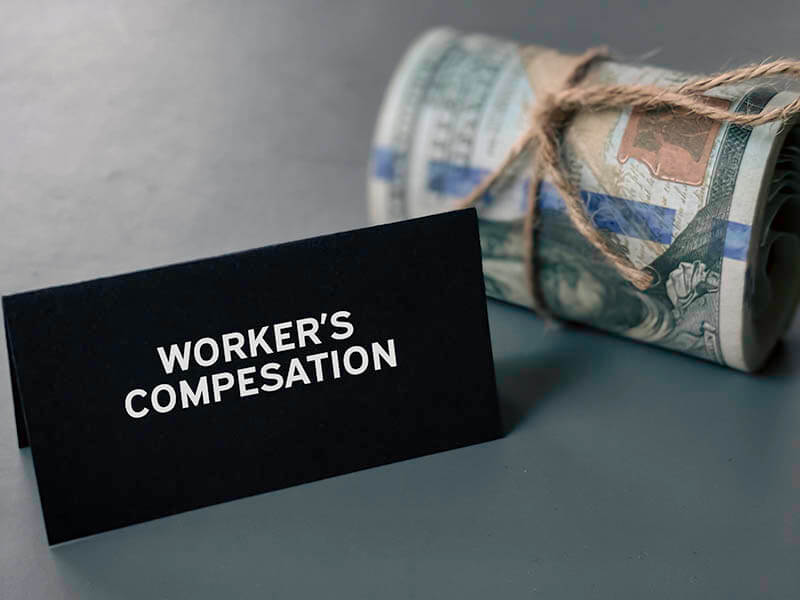
In Gallegos, the claimant sustained an admitted work injury to his neck on September 5, 2019. From September 2019 to April 2022, Claimant alleged considerable pain in his neck, back, and left shoulder. Claimant also reported to his medical providers that he had lower back surgery in 2012, but no other medical history. When his authorized treating providers released him to restricted duty around late October 2019, the claimant worked for two days before asserting he could no longer work due to the pain, and he never returned to work.
After the Division IME assigned a 39 percent whole person impairment rating with an MMI date of April 28, 2022, the employer applied for a hearing to overcome the Division IME physician’s opinions.
Upon further investigation, the employer found that the claimant had asserted prior worker’s compensation claims and applied for Social Security Disability Insurance benefits on multiple occasions based on alleged neck, back, and shoulder injuries. The investigation also uncovered surveillance videos of the claimant walking, standing, and carrying objects, and even dancing, all without difficulty. The employer filed another application for a hearing that added the issues of overpayment and repayment of benefits based on fraud.
At the hearing, based on evidence gathered from the employer, the ALJ found that the claimant received a temporary total disability benefit (TTD) overpayment of $76,112.36. This finding was in part based on video surveillance of the claimant between September 2021 and April 2022, when he was still representing to his providers that he was unable to work. Thus, the ALJ found that the claimant fraudulently obtained TTD benefits due to his misrepresentations regarding the extent of his injury and ability to work.
The ALJ also found that the claimant submitted over one hundred mileage reimbursement requests, in which he misrepresented his actual mileage, either by requesting reimbursements for medical visits that did not occur, trips to pharmacies when no medication was disbursed, and trips from Fairplay to Denver when the claimant actually stayed in Denver. The employer’s evidence was testimony from an investigator and further testimony from the claimant’s landlord who confirmed his lease dates. Thus, the ALJ found that the claimant knowingly submitted false mileage reimbursement requests and ordered him to repay $8,985.60 for mileage reimbursements.
However, the ALJ rejected the employer’s argument that Gallegos should also repay medical benefits because while the claimant’s concealment of his prior conditions likely influenced his providers’ treatment decisions, the evidence did not establish that all treatment after the date of injury was induced by fraud. The claimant appealed to the Industrial Claim Appeals Office (the Panel). The Panel affirmed the ALJ’s Order.
The claimant then appealed the order to the Colorado Court of Appeals (the Court). The pro se claimant contended, among other things, that he did not misrepresent his condition to the providers, and the testimony concerning mileage fraud was conflicting.
Section 8-43-303(1), C.R.S. 2024, provides that an ALJ may review any award on the ground of fraud, and section 8-42-101(6)(a), C.R.S. 2024, allows recovery of the cost of care from a claimant in the case of fraud. To prove that a claimant received benefits fraudulently, an employer must establish the following elements of fraud: (1) a false representation of a material existing fact; (2) knowledge on the part of the one making the representation that it was false; (3) ignorance on the part of the one to whom the representation was made of its falsity; (4) the representation was made with an intention that it be acted on; and (5) the representation resulted in damage.
Here, the claimant’s true medical history was only discovered through the employer’s investigation. This led to the ALJ’s conclusion that the claimant intentionally concealed his significant prior medical conditions to obtain compensation benefits, including TTD benefits, from the employer. The claimant also knew that his misrepresentations were false because he was aware of the prior injuries, treatments, and worker’s compensation claims, yet denied any previous medical history other than the 2012 back surgery. The claimant continually sought work restrictions from his providers and the ALJ concluded that the claimant fraudulently induced his providers to place him on complete work restrictions. Upon review, the Court found no error in these findings.
As for mileage reimbursement, the ALJ credited testimony from an investigator that the claimant was actually staying in Denver when he submitted mileage reimbursement for trips from Fairplay to Denver. The claimant contended that his own testimony should have been credited instead. However, the Colorado Court of Appeals stated they cannot substitute their judgment for that of the ALJ regarding credibility matters, and that the investigator’s testimony was corroborated by testimony from the claimant’s landlord as to the dates the claimant resided in Fairplay and Denver. There is also no evidence that the employer’s counsel “coerced” the testimony from the landlord.
The Court affirmed the ALJ’s and the Panel’s orders. Thus, the claimant is still ordered to repay the TTD overpayment and mileage reimbursement based on fraud.
Gallegos v. Indus. Claim Appeals Office, 2025 WL1419426, No. 24CA1770 (Colo. App. May 15, 2025).
Want to know more? Contact Madison Winker at mwinker@pollartmiller.com